Today we are going to cover Vitamin C in depth. We are going to go more in-depth today, because there are many questions that needed to be answered about this topic.
Vitamin C as an Ingredient
Why do we all love Vitamin C? Vitamin C is probably the one ingredient that has over thousands of studies done that prove its benefits in your skin.
Some people will think like, “Great, thank you, I’m gonna go eat my oranges,” or “I’m going to go squeeze that juice on my face.” Stop, because yes, we get most of our Vitamin C, if not all our Vitamin C, from our diet, but only a small possible percentage will make it to your skin. So even though you drink all the oranges in the world, not all of it’s gonna make it to your skin.
You can basically also overdose if you have too much Vitamin C. If you’re like, “I’m going to outsmart, I’m going to go and just eat 10 Vitamin C capsules,” you’re not outsmarting anyone, you’re just screwing yourself because you can get gastrointestinal pain, you can end up having major nausea, vomiting, or kidney stones.
The maximum is around 2,000 milligrams per day, so if you’re more than that, you’re gonna be really just at a detriment, and we would not recommend it.
Only the tiniest percentage makes it to your skin, and that’s why topical Vitamin C is so important to feed our skin, not just from the inside out, because yes, obviously healthy lifestyle, healthy diet, you name it, sleep, yoga, zen is important, but also what we put on our skin topically has higher impact.
4 Ways Vitamin C Help to Our Skin
How does topical Vitamin C help? There are four ways, ready?
1) Potent Antioxidant Features
A potent antioxidant is basically something that helps to block oxidative stress.
What is oxidative stress? The world is oxidative stress: pollution, cars, the sun, someone walking down the street smoking in front of you. All of that causes oxidative stress in your skin, which makes reactive oxygen species, ROS, which break down your collagen.
Vitamin C neutralizes that, and so your collagen is not going to break down as fast.
2) It Makes Your Sunscreen Better
The way this antioxidant works, it actually helps to make your sunscreen better. Because Vitamin C, although it’s not a sunscreen—and we’ve heard some people say, “I’m just gonna put orange whatever juice on my face, it’s gonna be a natural sunscreen.” It is not a sunscreen. Vitamin C is in no way replacing your sunscreen, but it does decrease how much damage the sun can cause to your skin. It doesn’t absorb or reflect the UV rays, but it minimizes the level of inflammation and redness caused by the sun, so it’s definitely a great adjunct to sunscreen, and that’s how it works as an antioxidant.
3) Boosts Collagen Production
Vitamin C boosts collagen production. Who the hell doesn’t want that? It’s amazing for that because Vitamin C is a co-factor for two enzymes, lysyl hydroxylase and prolyl hydroxylase, both of which are enzymes needed to cross-link collagen, and so that’s why it can help boost collagen production, creating firmer, thicker, better collagen, giving you a healthier collagen production.
It also increases MMP (Metalloprotease) inhibitors, which prevent the breakdown of collagen from all of the sun damage.
4) Evens Out Pigmentation
It helps to even out your pigmentation. And how does it do that? It eats up the copper, which is used in the reaction to make melanin. So because the copper is not there, that additive is not going to be present for the reaction to take place. So it eats up copper.
When Do We Use Vitamin C?
In the morning, for sure, before sunscreen, because it definitely makes sunscreen work better, and it really does help protect your skin when you want to tackle your day. Some people want to use it at night as well, and there is definite benefit to that. The only thing to be careful with at night is it might be a little bit irritating when used in conjunction with other ingredients. It’s not going to make the other ingredients not as effective, but your skin might get irritated if you are sensitive.
So if you are sensitive, stick to it in the morning. If your skin is not irritated with a lot of ingredients because you just are that way, then use it twice a day. You really can’t go wrong with topical Vitamin C.
Active vs. Inactive Vitamin C
Okay, we’re going to keep this relatively simple, the formulations of Vitamin C.
There are two main forms of Vitamin C. Number one, the active forms of Vitamin C. Number two, the inactive forms of Vitamin C. Pretty simple.
Active Vitamin C, a.k.a. L-Ascorbic Acid
Let’s start with active. Active means it’s already ready to work. You pop it on your face, and it works. And that is L-Ascorbic acid. The sweet spot for Vitamin C is anywhere from 8 to 20 percent. More than that is just too much, and not doing anything extra to your skin, so it’s not our preference. If we’re going to spend money, we’re not going to go spend money for a higher concentration of Vitamin C.
It is the most tried and true, the most studied ingredient. However, it is extremely unstable. So you need to approach with caution.
The reason we say that is because it can become oxidized, and once it gets oxidized, once it changes, it’s rendered useless.
Things that Make Active Vitamin C Unstable
High temperatures, this is where a fridge was not bad for L-ascorbic acid, having a mini-fridge is for your skincare products is something you can consider. High pH, metals, and oxygen also make Vitamin C unstable.
We cannot understand why Vitamin C products come in droppers. Vitamin C should not come in a dropper, in our opinion. That’s why we suggest you to buy them smaller, the smaller versions where we get the sample versions, so we can use them faster, so we don’t have to leave them open longer.
So with this ingredient, unfortunately, you cannot stock up. Because once you open it, or take it out of the carton, or you expose it to air, light, the clock is ticking, and you have to use it up.
If you have oily skin or acne-prone skin, you probably don’t want to use L-Ascorbic acid because it’s not the best for you.
If you have very sensitive skin, then 10 percent or less still works. It’s still going to make have an effect on your skin, but anything more than 10% might start to irritate you.
Disclaimer: In the name of full transparency, please note that this post contains affiliate links and any purchase made through such links will result in a small commission for us.
Our Favorite Active Vitamin C Products
We know this one’s expensive, and we will give you guys a broader range, but Skinceuticals, and again, we try to get the small ones, which are not individually for sale, they come in a packet because we use them faster and we don’t have to leave it open and exposed to the air. The reason we like this one is because it is combined with Vitamin E and Ferulic Acid, which stabilizes it and keeps it at a lower pH of less than 3.5, so it works and really gets into your skin. This is honestly probably one of the most effective ones for L-Ascorbic Acid out there.
Paula’s Choice has a really good one, a C15 booster. It has a version of 20 percent, however the C15 booster is much better.
Cerave has their skin renewing Vitamin C serum at 10 percent.
Finally, we always mention this one because it does act like a primer before makeup. L’Oreal’s Revitalift 10 Pure Vitamin C Serum is really nice.
That’s L-Ascorbic Acid actual for you in a nutshell.
Inactive Vitamin C
The rest of the Vitamin C’s are the inactive Vitamin C. The esterified forms of Vitamin C are also really helpful and can be very good because although they’re chemically inactive, they get activated once you apply them to your skin. And they are lipophilic, so they penetrate better and they are stable, so they’re not crazy. The issue is the studies have been done in vitro, meaning under a microscope. So time will tell whether or not they’re going to stay effective over this course of time. There are several different kinds.
Sodium Ascorbyl Phosphate
Our most favorite one is sodium ascorbyl phosphate, S-A-P, because in vivo it has been proven to offer the three things that ascorbic acid offers, which are antioxidant properties, collagen boosting properties, and pigment evening out properties.
Questionable, it can even help with acne and between one and 5 percent has been shown to suppress acnes in your skin, which minimizes how much sebum your skin makes, which minimizes how much inflammation you have.
So if you’re oily or acne prone and you want to start with a Vitamin C but you don’t want to use L-Ascorbic Acid, this is a great one. Sodium ascorbyl phosphate, because you get all three benefits plus some acne benefits.
Inactive Vitamin C Products that Have Sodium Ascorbyl Phosphate
Youn Beauty is one that contains this. It also has a bunch of other stuff in it. If you are into those products that are all in one, this is a good one with it.
Olay Regenerist, the brightening Vitamin C serum.
No7, Protect and Perfect Serum, give you a nice wide range of products as well.
Magnesium Ascorbyl Phosphate
Most stable esterified form of Vitamin C is magnesium ascorbyl phosphate, MAP. It is the most stable, so it’s going to stand the test of time. This one in vitro does convert to ascorbic acid. It does boost collagen and does help with the pigmentation, but has questionable antioxidant properties. Also, a big but about this one is it’s poorly absorbed, and that’s why it’s the least irritating version of it.
If you’re very sensitive with pigmentation issues, this might be the form you want to try. Because although poorly absorbed, something is better than nothing.
It’s best for brightening, pigmentation and sensitive skins, this one’s your ingredient.
Two products out there have it. Glossier, the Vitamin C Super Glow. And then Dermalogica Antioxidant Hydramist that I could think of that I like.
Ascorbyl Glucoside
This one converts into sugar and ascorbic acid on your skin. In vitro, it gives you, you know, the anti-aging benefits of Vitamin C, all three, but in vivo, it’s still questionable. And so more studies need to be done.
The Inky List and The Ordinary both have this particular form of esterified version. The Inky List is at 15 percent, The Ordinary is at 12 percent.
And sunscreens like Elta MD, which is not a personal favorite, although patients love it, kudos for them for trying to put in Vitamin C in their sunscreen formulation. So Elta MD has ascorbyl palmitate in it.
Sunday Riley C.E.O. has 15 percent Vitamin C brightening serum.
Glytone Age-Defying C+ Advanced Antioxidant Serum has ascorbyl glucoside.
Allies of Skin 35% Vitamin C+ Perfecting Serum is also another good one.
That is Vitamin C in a nutshell. Wh hope this blog post is useful for you.
Disclaimer: In the name of full transparency, please note that this post contains affiliate links and any purchase made through such links will result in a small commission for us.

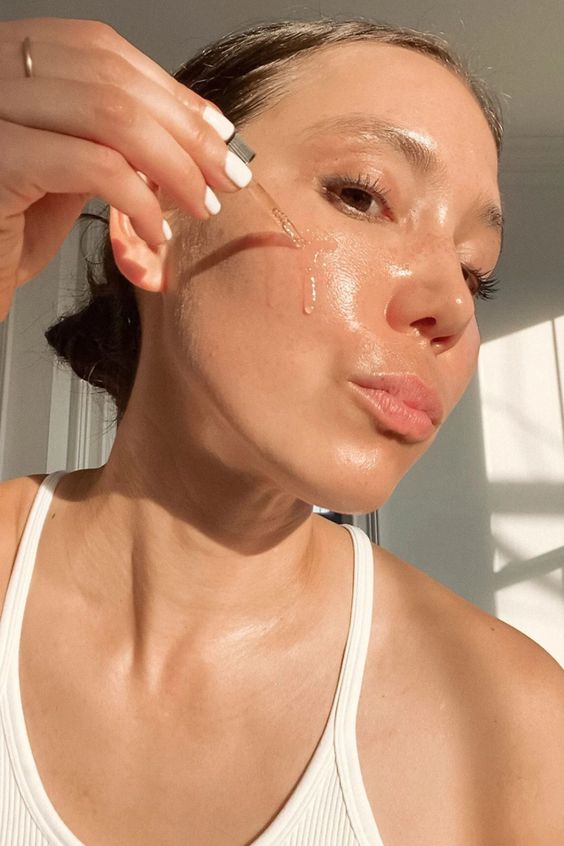

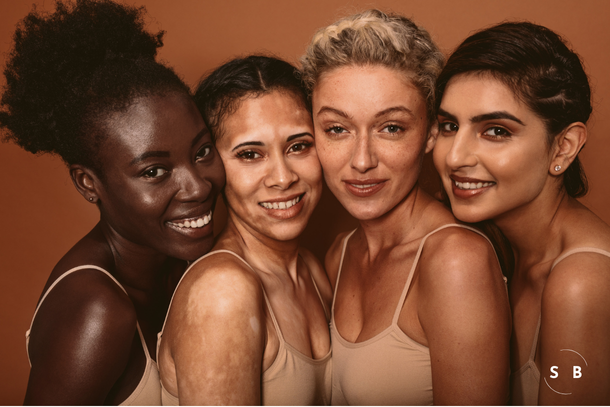
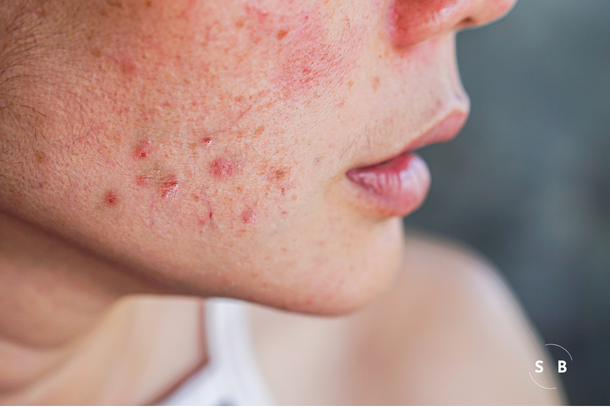
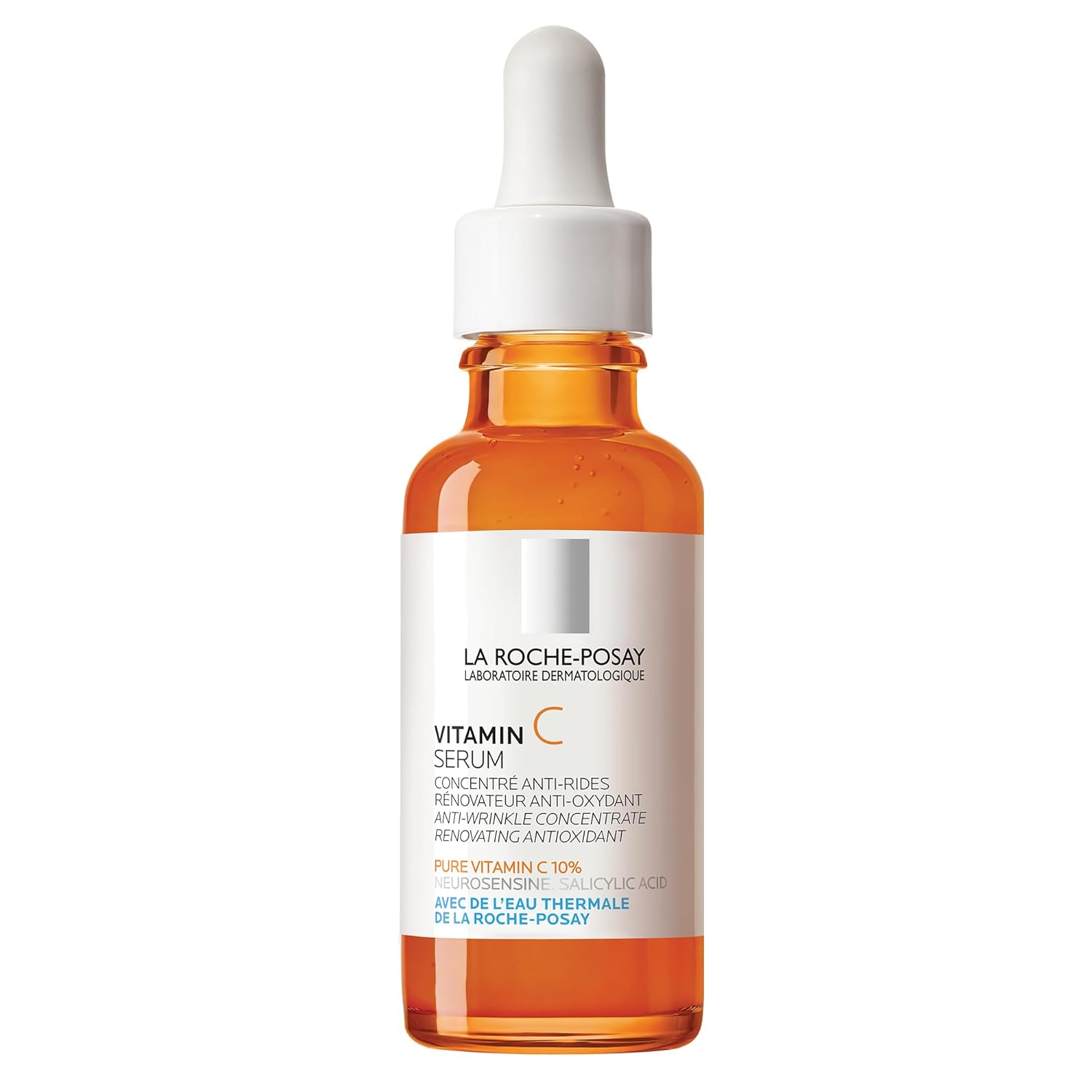
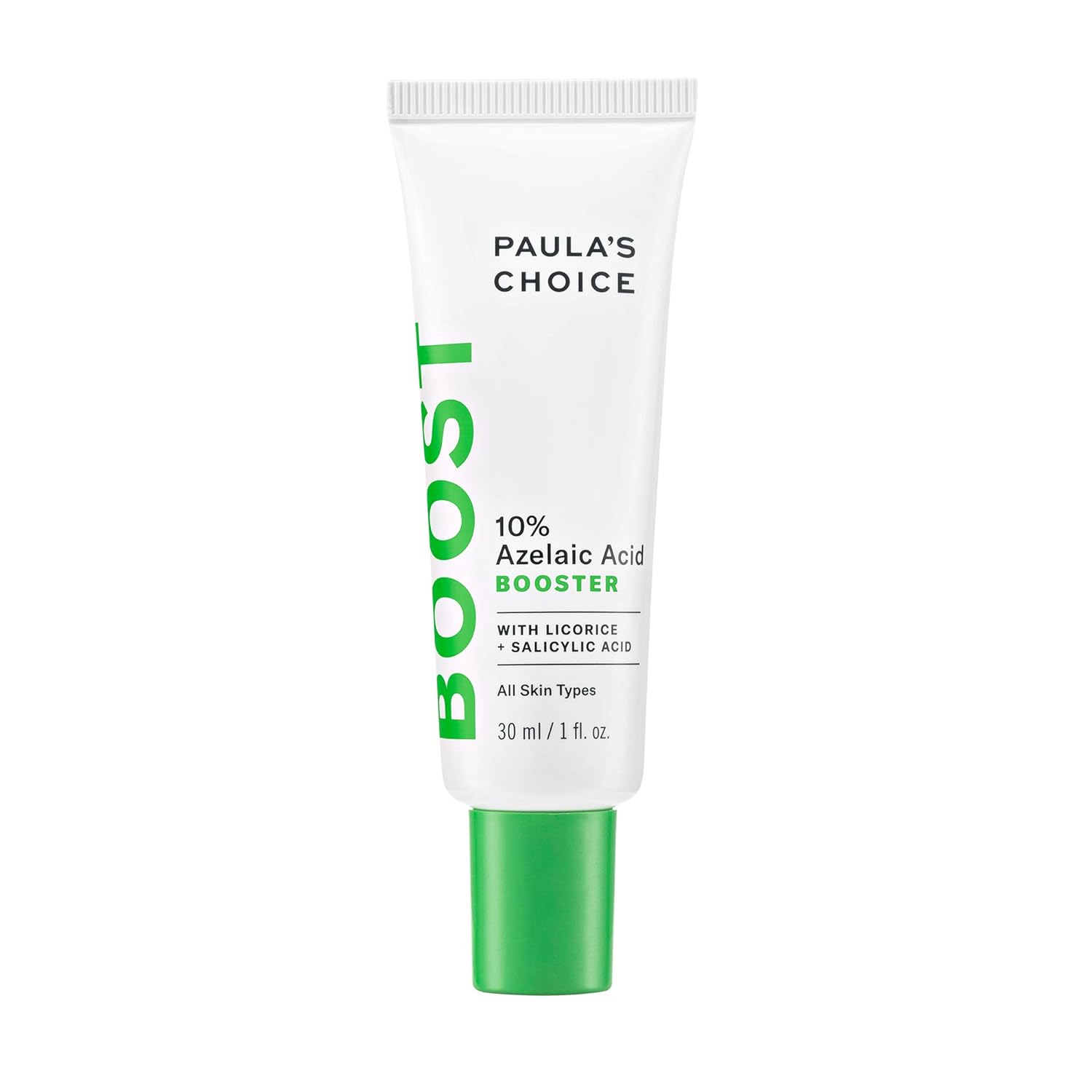
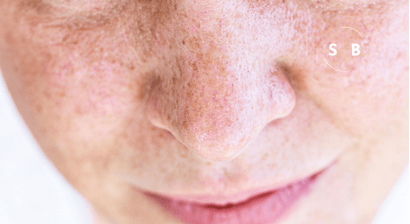
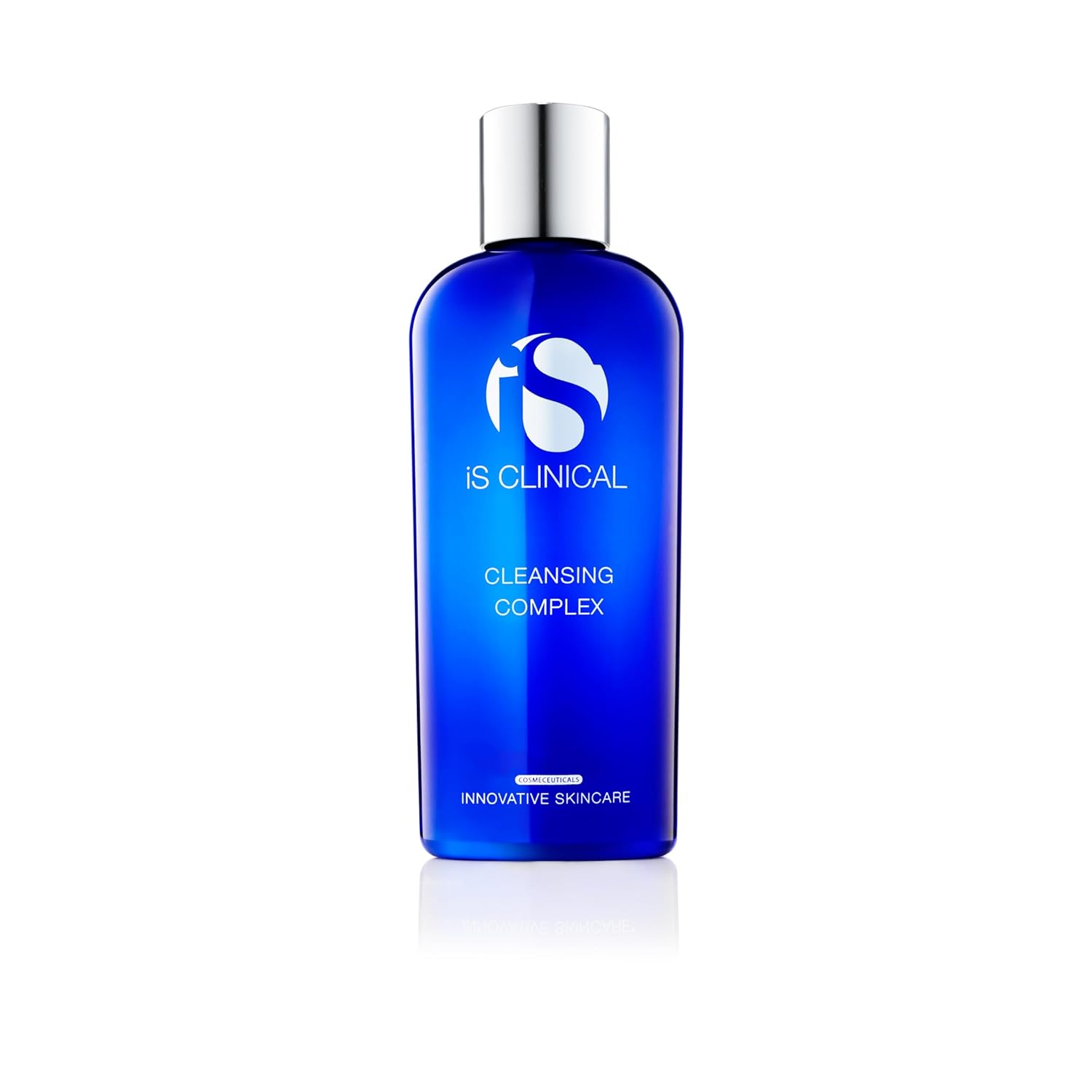
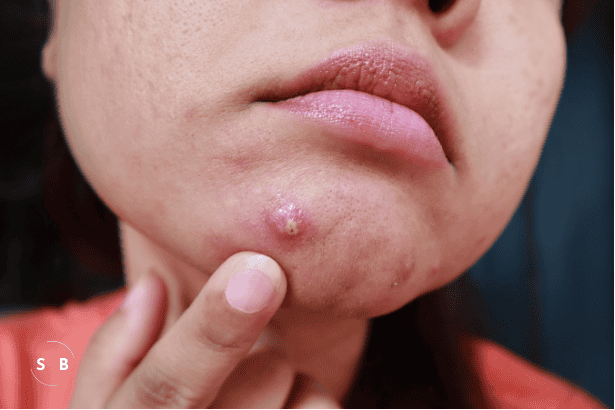
Leave a Reply